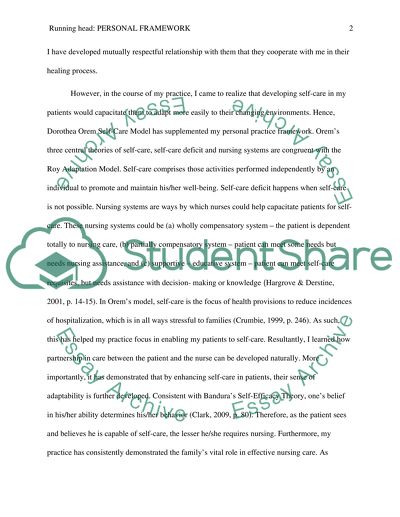Cite this document
(“Personal Framework: Family Nursing Practice Essay”, n.d.)
Retrieved from https://studentshare.org/health-sciences-medicine/1427328-personal-framwork
Retrieved from https://studentshare.org/health-sciences-medicine/1427328-personal-framwork
(Personal Framework: Family Nursing Practice Essay)
https://studentshare.org/health-sciences-medicine/1427328-personal-framwork.
https://studentshare.org/health-sciences-medicine/1427328-personal-framwork.
“Personal Framework: Family Nursing Practice Essay”, n.d. https://studentshare.org/health-sciences-medicine/1427328-personal-framwork.


